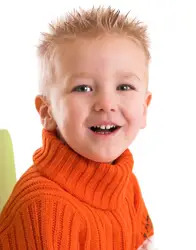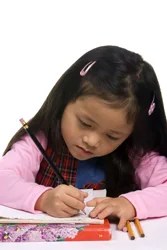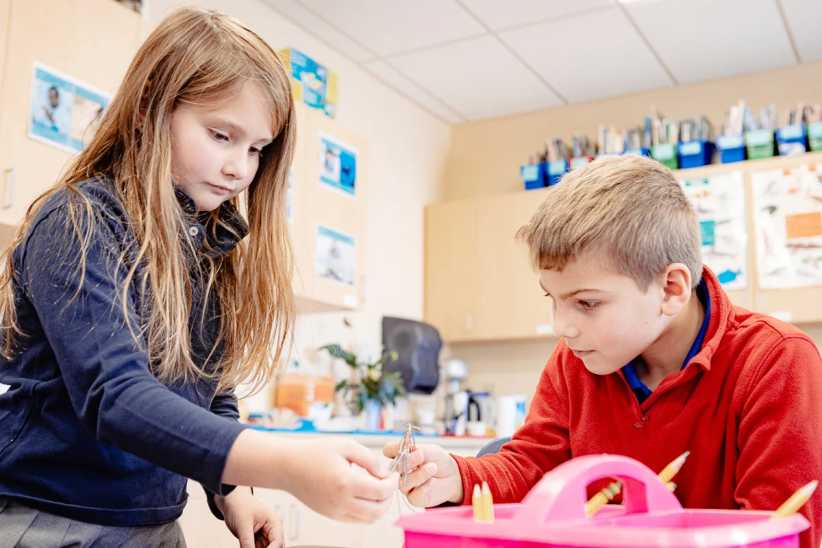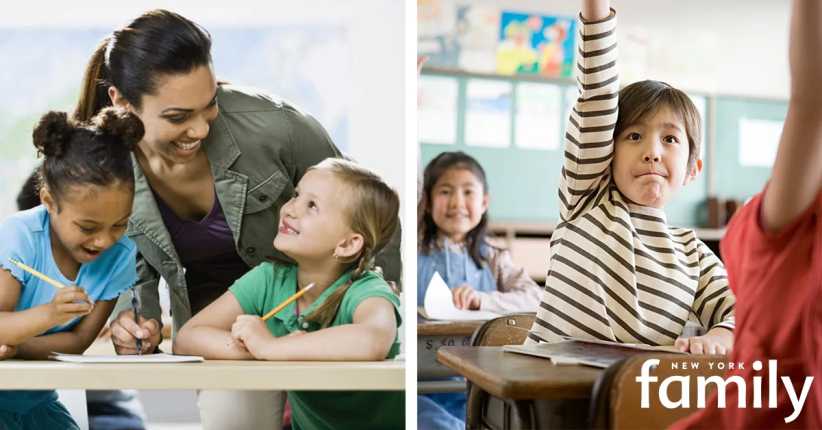 Two weeks ago, as I waited with a friend in a crowded courthouse, we both gawked at a woman showing flash cards to her tot. One side of the card had pictures, the other side the actual word spelled out. The kid in the stroller couldn’t have been more than 2, and we marveled at the rush to develop reading skills. Could a child so young be ready?
Two weeks ago, as I waited with a friend in a crowded courthouse, we both gawked at a woman showing flash cards to her tot. One side of the card had pictures, the other side the actual word spelled out. The kid in the stroller couldn’t have been more than 2, and we marveled at the rush to develop reading skills. Could a child so young be ready?
“Children are capable of learning at such an early age,” notes author Anna Jane Hays, who explores readiness for school in her books Ready, Set, Preschool (2005) and Kindergarten Countdown (2007). She is not alone in her thinking. Study results indicate that attending preschool not only influences a child’s developing mind, it can set the pace for his or her success in subsequent school experiences.
 Is it the right time to enroll your child?
Is it the right time to enroll your child?
Parents encourage learning early on – with playgroups, videos, and programs like Baby Einstein – and most nursery programs accept kids at age 2 ½. However, is there an ideal time/age for beginning preschool?
“For some kids there may be a right time, but for the most part it’s about getting your child to the right point,” noted Nadia Ali-hung, Director of a Manhattan branch of Tutor Time (a nationwide preschool company with more than 75 locations). “Your child has to be ready to be with other kids, and to deal with a larger social environment,” she added.
According to experts, children who are ready for the preschool experience should:
- Demonstrate developing language skills: Speaking words and short sentences, saying his first/last name, and chanting a simple rhyme, are all good signs of language ability.
- Be good at sharing and socializing: Sitting calmly in a circle, socializing with other children without acting out (e.g. hitting, screaming), and readily sharing toys are all critical behaviors.
- Cope with long-term separation:Being away from Mom, Dad, or another primary caregiver for several hours is hard on some children; those who have had a babysitter or previous class will have less anxiety and be better able to endure the day.
- Play independently: Children who do puzzles, draw/paint, and use building toys to amuse themselves are prepared for school experiences like free play or arts and crafts.
- Be used to a structured routine: Regular times for meals, naps, park outings, music, and crafting/cooking at home will help your child acclimate to the scheduled activities at a school.
- Be potty trained (or close): Most schools prefer students be trained, yet tiny side-by-side toilets and peers who are fully trained usually facilitate the process for the youngsters who aren’t.
- Demonstrate a capacity for learning: Rudimentary counting skills, reciting the alphabet, and listening calmly to music and stories all point the way toward success in preschool.
Talk it over and gear up together
Another way of being sure your child is ready for preschool is to explore the school concept together. How does your child react when you talk about going to school? Has he/she visited schools with you? Have you taken short (one-hour) Mom and Me classes at a studio or the public library? Did you share books (such as Vera’s First Day of School, which explores kids’ mixed feelings about starting school) on the subject? By including the child in your preschool plans, it will ease his or her transition.
As you consider enrolling your child in a nursery or preschool class, decide if your child is ready and what it may take to get him or her ready. Then once your child starts preschool, you’ll be able to go off to your errands, enjoy your free time, and truly relax.





















